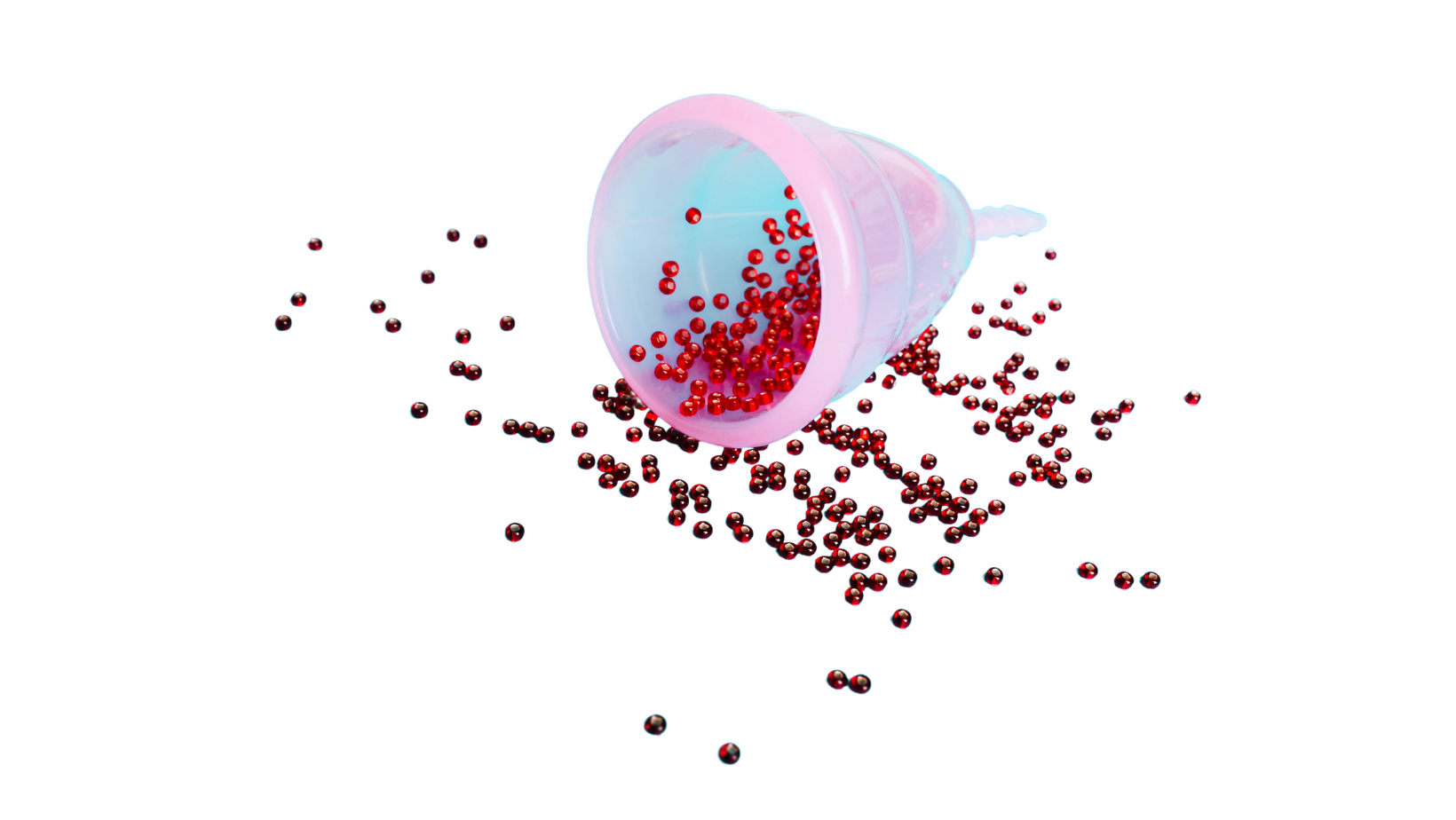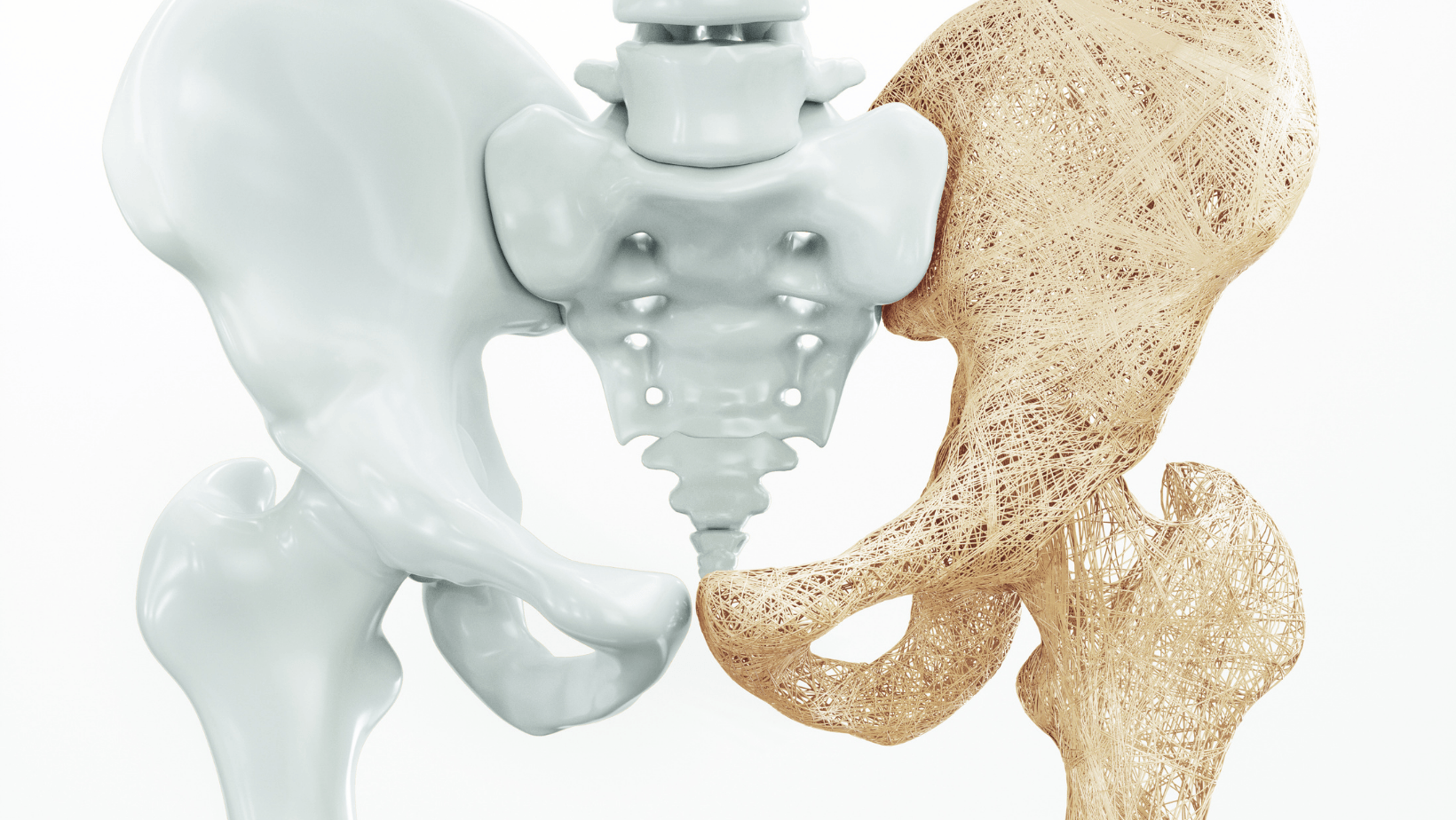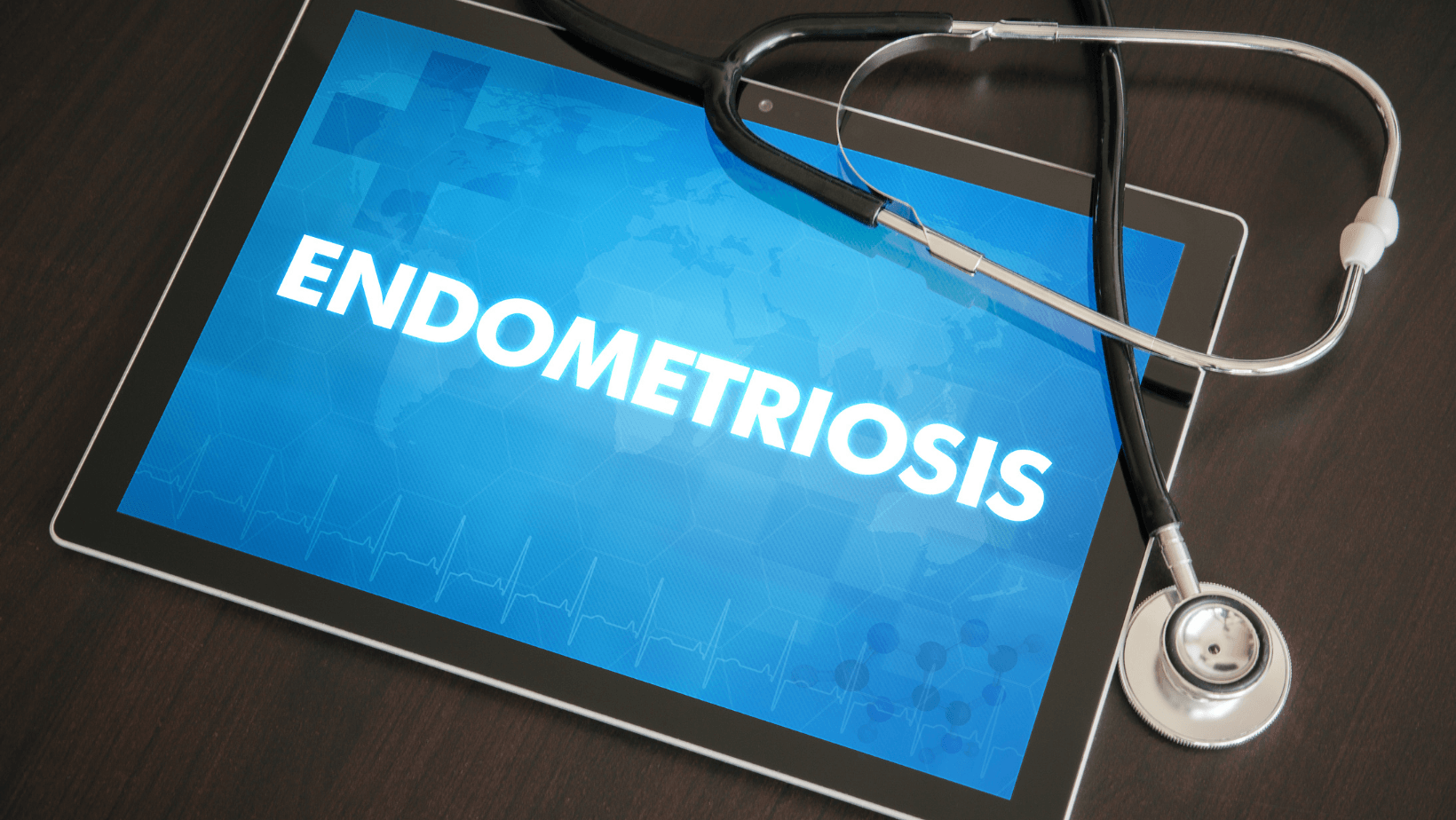Cushing's Syndrome - Symptoms and Causes - Avicenna Health
Cushing's Syndrome
Patient History:
A 37-years-old woman with Cushing's syndrome said: "three years ago, my doctor diagnosed me with hypertension. I thought that my weight was the main cause, but my hypertension got worse two months later, and it was hardly responding to the medication. I started to struggle much more, my depression beat me, and my body was acting weird. I became so hairy, and I have got pink marks around my breast."
Definition of Cushing's syndrome:
Cushing's syndrome: is a chronic disorder in which the cortisol hormone in your body elevates above the normal average.
It may be due to oral use of corticosteroids or glands malfunction such as adrenal and pituitary gland.
The elevated levels of cortisol can lead to hypertension, diabetes and result in widely diversified symptoms.
How much time does it last?
Cushing's syndrome is a chronic condition that develops over time.
And it can be a fatal case if it is neglected, but with good treatment, patients often improve within a few months.
Symptoms:
Symptoms and signs may vary a lot in this condition due to the hormonal changes that happen.
These symptoms may include:
- High blood pressure
- High blood sugar
- Weight gain
- Tiredness and muscle weakness
- Depression and cognitive dysfunction
- Anxiety and sleep problems
- Osteoporosis – a condition in which the bones become weak and more likely to break
- Low sex drive and fertility in addition to erectile dysfunction
- Acne
Characteristic signs of Cushing's syndrome include:
- Buffalo hump – a pad of fat tissue between your shoulders
- purple Striae – a stretch marks, often on the abdomen and breast
- Moon face – a unique rounded face due to the weight gain
- Hirsutism – a male-like pattern of hair distribution
- Thin skin
Causes:
Cushing's syndrome, as we have mentioned, is caused by high levels of cortisol.
It can be either an exogenous or endogenous condition.
Exogenous Cushing's syndrome is usually due to oral use of corticosteroids over time.
On the other hand, endogenous Cushing's syndrome can be caused by the overproduction of cortisol from the body.
This overproduction may be caused by:
- pituitary adenomas that produce ACTH excessively lead to oversecreting of the cortisol hormone.
- Ectopic ACTH-secreting tumors that often found in the pancreas or lungs
- Cancerous or noncancerous Adrenal cortex
Risk Factors:
- Patients with long-time use of the corticosteroids like lupus, asthma, and organ transplant patients
- Patients with Adrenal gland tumors
- Patients with Pituitary gland tumors
- Patients with hormone-secreting tumors
When to see a doctor?
Cushing's syndrome cases are diagnosed and followed up by a doctor to ensure the best improvement.
Some new signs or symptoms may appear and require a medical consultation to ensure it is not serious.
Call your doctor if you have:
- Infection
- Depression or mood swings that affect your daily life
- Newly hypertension or diabetes
If you have had a heart attack or stroke, you should be telling your doctor right after you get better.
Diagnosis:
In most cases, physical exam and patient history play the primary role, especially when patients have characteristic signs and long-term corticosteroid use history.
In this exogenous case, your doctor may not need any test.
Endogenous cases may also be suspected by patient history, but it has to be confirmed by measuring the cortisol levels in your body.
There are several tests to do it:
- Urine test. In this test, you need to collect your urine over 24 hours.
- Blood tests.
- Saliva tests.
Diagnostic imaging procedures like CT or MRI may be requested if the doctor suspects the tumors to be the primary cause.
Differential Diagnosis:
- Pseudo-Cushing's syndrome
- Obesity
- Alcoholism
- Psychiatric disorders
- Anorexia nervosa
- Bulimia nervosa
Management:
The mechanism of management depends on lowering the cortisol hormone levels in your body.
So that if the leading cause was long-term corticosteroid use, your doctor might ask you to lower the dose gradually but NEVER stop it immediately.
Tumor as a leading cause may demand a removal surgery, radiotherapy, or both.
Medicines should be considered, especially when the patient has to undergo surgery, but his medical health condition is inappropriate. Or the patient has already undergone surgery, but the improvement was less than expected.
And remember, if you have any concerns about non-emergent health conditions, you may schedule a telemedicine consult with the Avicenna Health provider for an individualized consultation.
References:
- Mayoclinic.org
- Webmd.com
- Nhs.uk
- Medscape.com













